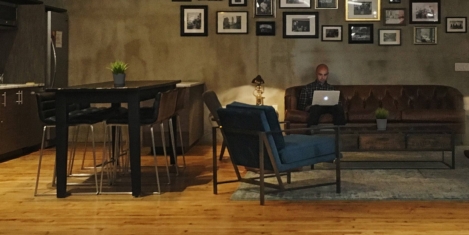June 16, 2017
3D printing and Virtual Reality could reduce waste in design and construction says BCO 0

Digital technologies such as Virtual Reality (VR) and 3D printing could help reduce waste during a design and construction project, suggests a new report from the British Council for Offices (BCO). “Virtual Reality and 3D Printing – Reducing waste in office construction through new technology” reviews the existing applications of these technologies and their ability to mitigate waste during the design and construction process. The report, which is the result of a collaboration between an international team of multi-disciplinary experts also identifies opportunities and challenges for the technology in the future. According to the authors, if the UK construction industry is to come anywhere close to achieving the ambitious targets set out in the Government’s 2025 construction strategy there needs to be a sensible re-think about how we design, procure and construct buildings in the future; and two technologies that are now reaching maturity and could help are VR and 3D printing.







 A majority of employees (62 percent) believe their company culture is one of the biggest hurdles in the journey to becoming a digital organisation, and this is putting companies at risk in falling behind competition in today’s digital environment claims a new report.
A majority of employees (62 percent) believe their company culture is one of the biggest hurdles in the journey to becoming a digital organisation, and this is putting companies at risk in falling behind competition in today’s digital environment claims a new report. 

























June 12, 2017
We need to design for a multigenerational workforce 0
by Joe Huddleston • Comment, Workplace design
(more…)